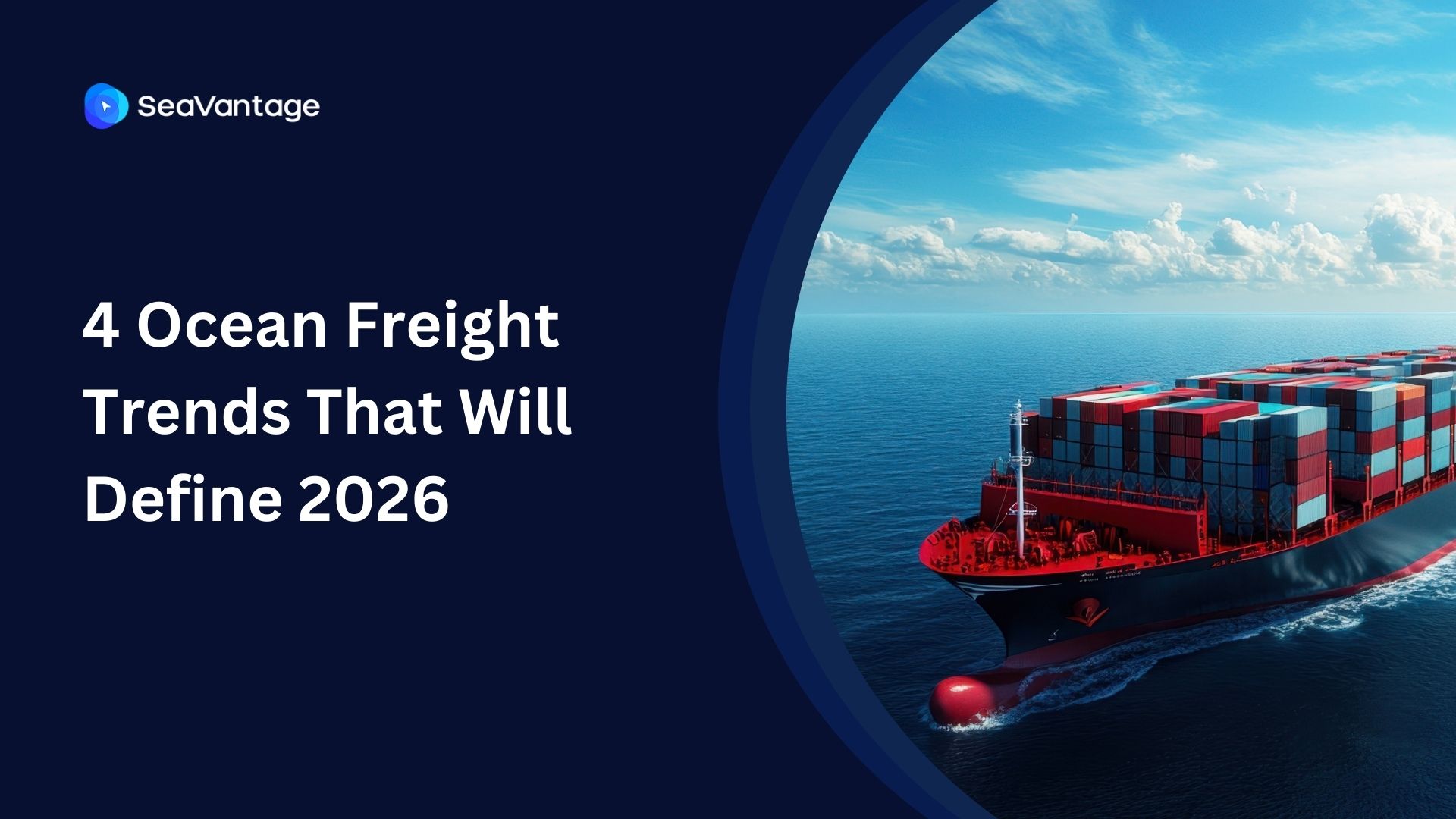FMC Demurrage and Detention Billing Rules: New vs. Previous
New regulations from the Federal Maritime Commission (FMC) aim to enhance transparency and fairness in demurrage and detention billing. These changes impact the issuance of invoices, designate the recipients, and address dispute resolution procedures.
Below is breakdown of the key differences between the previous and new rules (effective May 28, 2024):
Key changes:
Clearer Billing
Invoices must now be sent to the party with a contractual agreement with the carrier, eliminating confusion about who is responsible for payment.
Detailed Invoices
Invoices need to be more informative, including specifics like free time allowed for container pickup or return, exact start and end times for demurrage or detention charges, and any additional explanations justifying the fees.
Streamlined Dispute Resolution
A standardized 30-day window is established for the billed party to contest charges. The carrier then has another 30 days to address the issue, with the possibility of an extension if both parties agree.
Learn more: https://www.fmc.gov/
2025년 9월, 주요 글로벌 항만에서 어떤 운송사가 가장 긴 선박 체류 시간을 기록했는지 확인해보세요. 트렌드를 비교하고, 지연을 파악하며, 전체 항만 데이터를 통해 운송 전략을 최적화할 수 있습니다.
2025년 8월, 주요 글로벌 항만에서 어떤 운송사가 가장 긴 선박 체류 시간을 기록했는지 확인해보세요. 트렌드를 비교하고, 지연을 파악하며, 전체 항만 데이터를 통해 운송 전략을 최적화할 수 있습니다.
2025년 7월, 주요 글로벌 항만에서 어떤 운송사가 가장 긴 선박 체류 시간을 기록했는지 확인해보세요. 트렌드를 비교하고, 지연을 파악하며, 전체 항만 데이터를 통해 운송 전략을 최적화할 수 있습니다.
Explore how tariffs, blank sailings, port congestion, and canal disruptions reshaped global ocean shipping in 2025 — and what supply chain leaders must do next.
Is your ocean supply chain ready for 2026? Discover 4 critical trends, from weather disruptions to strategic booking, and how to adapt.
iscover the 4 critical ocean freight trends for 2026, from the Red Sea reopening and fleet overcapacity to shifting global trade maps. Prepare your supply chain now.



.svg)







.png)